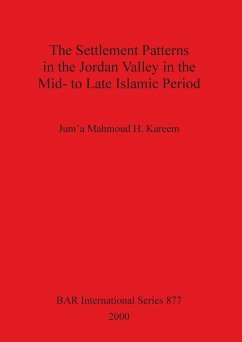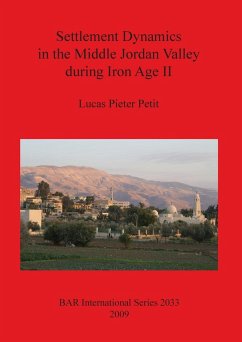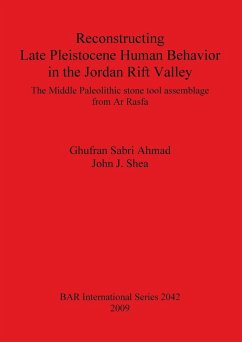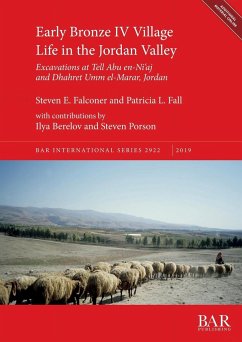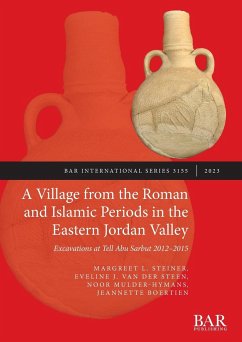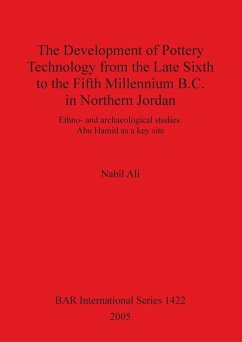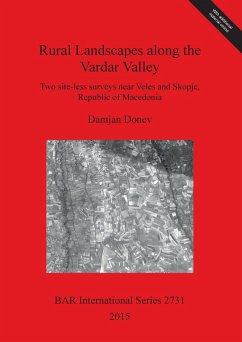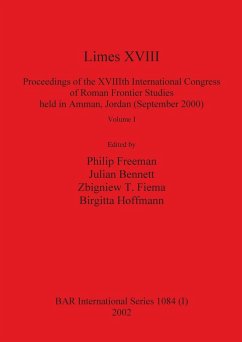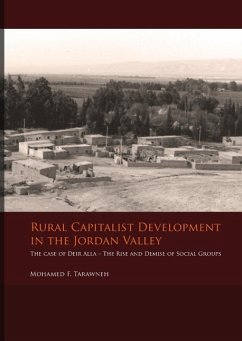
Rural Capitalist Development in The Jordan Valley
Versandkostenfrei!
Versandfertig in 1-2 Wochen
17,99 €
inkl. MwSt.

PAYBACK Punkte
9 °P sammeln!
The case of Deir Alla is a social and economic case study of developing Third World agriculture. The study is based upon historical sources, contemporary public information with statistics, and field work in the Jordanian village of Deir Alla. This fieldwork took place in 1986 and a report was prepared in 1989. For this publication additional field work in 1997 accounted for the rapidly changing social and economic situation. The Ottoman feudal system, with the local harrath (ploughman) economy, changed gradually to private ownership since 1936, affecting the social relations of production. Fr...
The case of Deir Alla is a social and economic case study of developing Third World agriculture. The study is based upon historical sources, contemporary public information with statistics, and field work in the Jordanian village of Deir Alla. This fieldwork took place in 1986 and a report was prepared in 1989. For this publication additional field work in 1997 accounted for the rapidly changing social and economic situation. The Ottoman feudal system, with the local harrath (ploughman) economy, changed gradually to private ownership since 1936, affecting the social relations of production. From 1950 onwards this development was strongly influenced by a sudden population increase (Palestinian refugees), the East Ghor irrigation system, the strong promotion of vegetable production and new technologies and institutions. Share cropping became the dominant feature of agrarian relations, but during the last decades international migrant labour expanded the wage labour system. Some types of production organization, such as the small-owner-family-labour system, proved to be more successful than others, but with the current difficult economic situation the debt trap is felt by many of these small owners. The book is important for the understanding of the social and economic history of the region, showing the dynamics of social change, but also because of its thorough analysis of the current situation, assessing theoretical models and predicting developments in a rapidly changing agricultural world.



